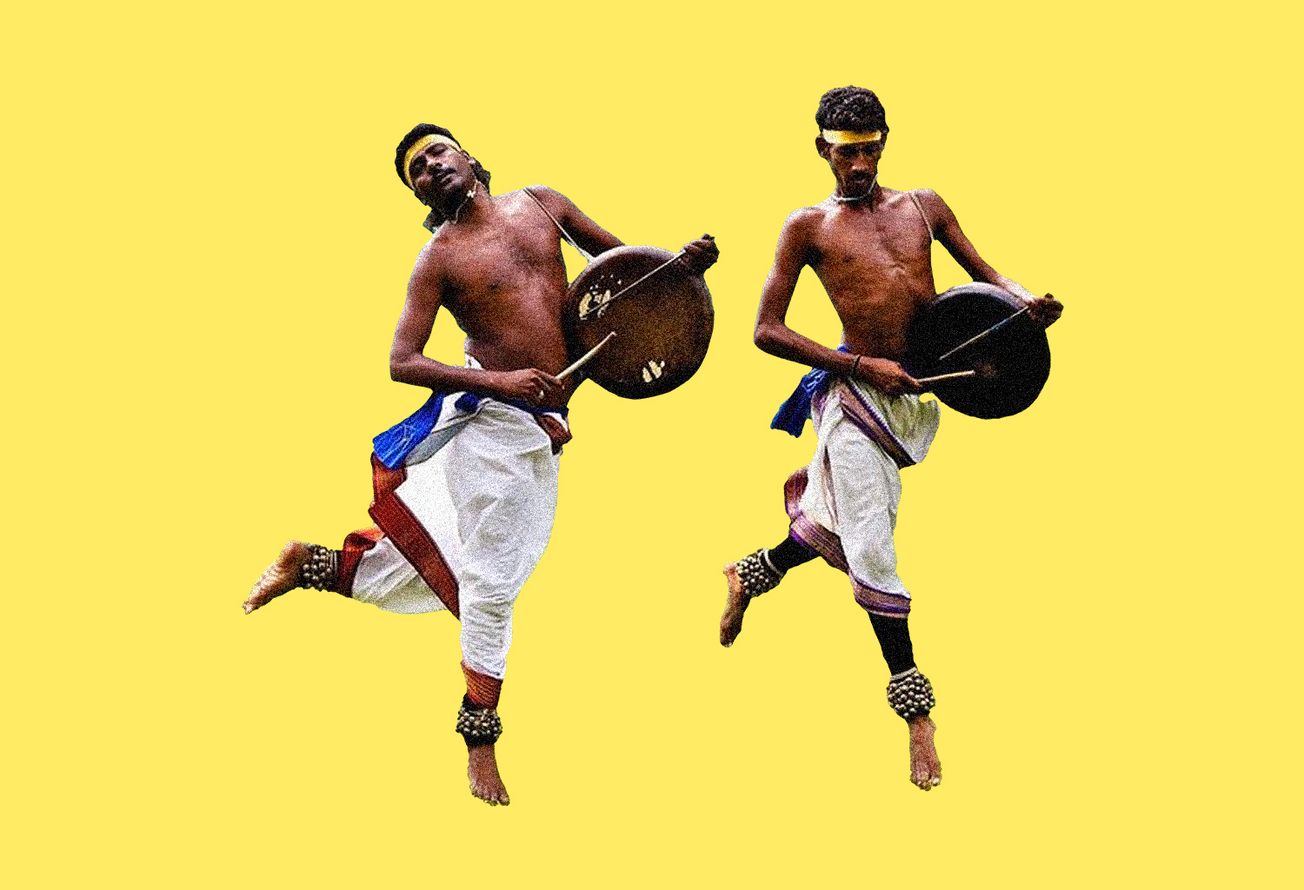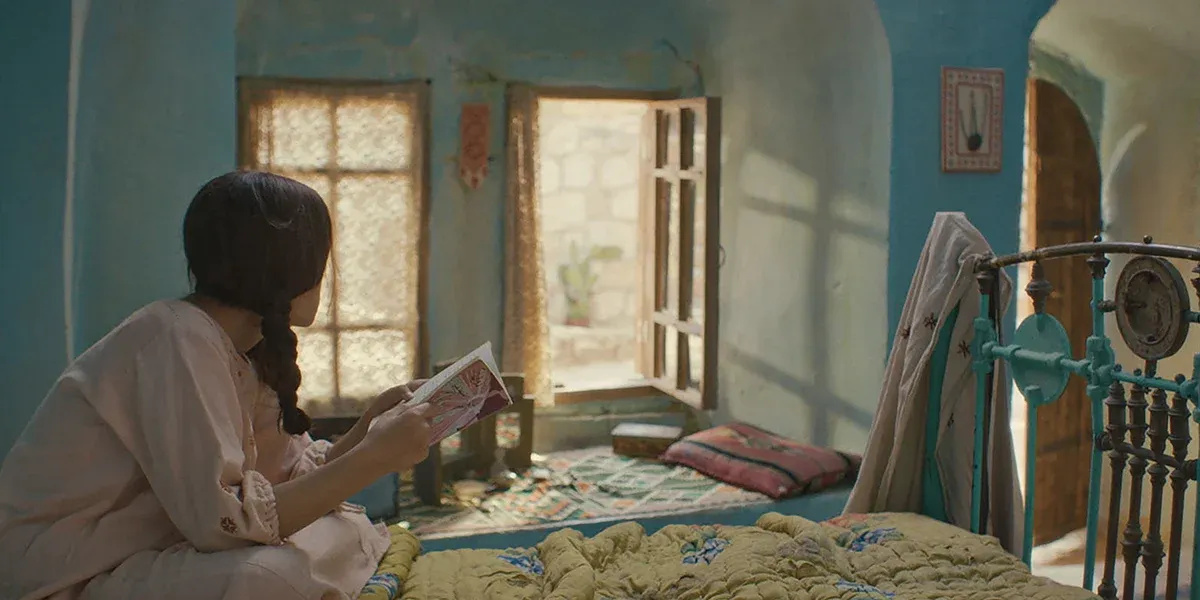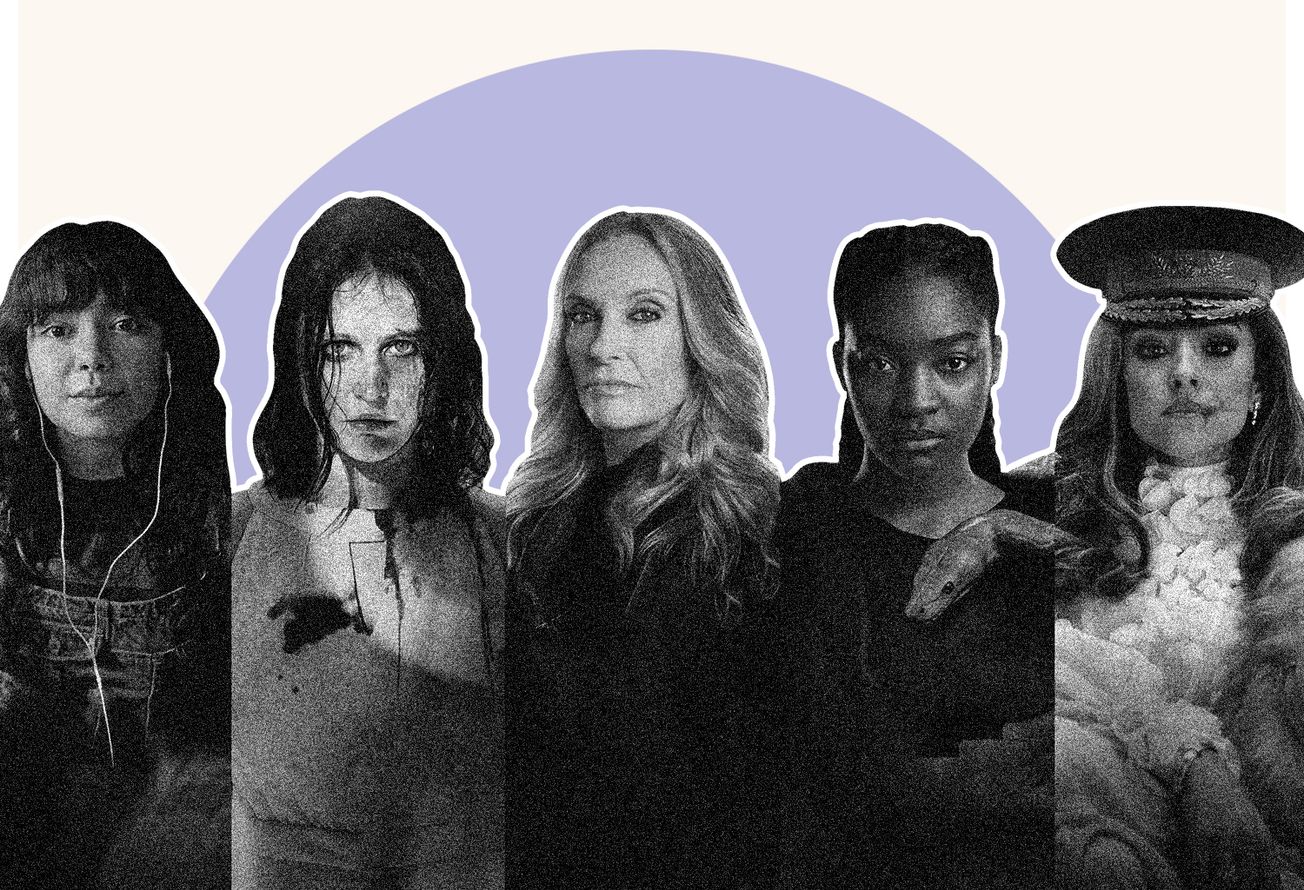Content warning: violence, spoilers.
Qala, released on Netflix in December, is a period drama about a tormented daughter's attempts to gain her patriarchal mother's recognition. Diving deep into the nuances of authoritarian parenting and its lifelong effects, the film lays bare the home as a site of psychological violence. The dark story is set against the misogyny ailing classical music traditions and the film industry in the 1940s and unfurls between Himachal Pradesh and Bengal. After the arrival of Nawab Wajid Ali Shah in the mid-nineteenth century, Kolkata had become a flourishing musical capital.
The film opens with a press conference where journalists interview Qala (played by Triptii Dimrii) for winning a major music award. She says her achievement is her father's legacy and her mother's dream. However, it soon becomes clear that Qala's relationship with her mother, Urmila (Swastika Mukherjee), is fraught. We learn in a flashback that Urmila lost her twin child (a son) in childbirth because the "stronger child (Qala) absorbed all the nutrition", as explained matter-of-factly by her doctor. Urmila, who seems to have been loving towards the newborn, turns hostile towards her. Moreover, her son's loss becomes a loss of opportunity for perpetuating the family's musical tradition. Urmila takes on the responsibility for the family's musical legacy and teaches Qala. With no other family members around, the mother-child relationship is intense.
Qala has inherited musical gharanas from both her parents—thumri from her mother Urmila's family and a sitar-bearing gharana of higher social standing from her fathers'. Since only her deceased father's legacy allows heirs to be recognised as pandits (maestro), Urmila wants to train her child in her father's viraasat (legacy) instead of her own. She seems to harbour the ambition that Qala will bring fame, money, and cultural capital—the rewards for conforming to the hierarchical standards of the classical music tradition.
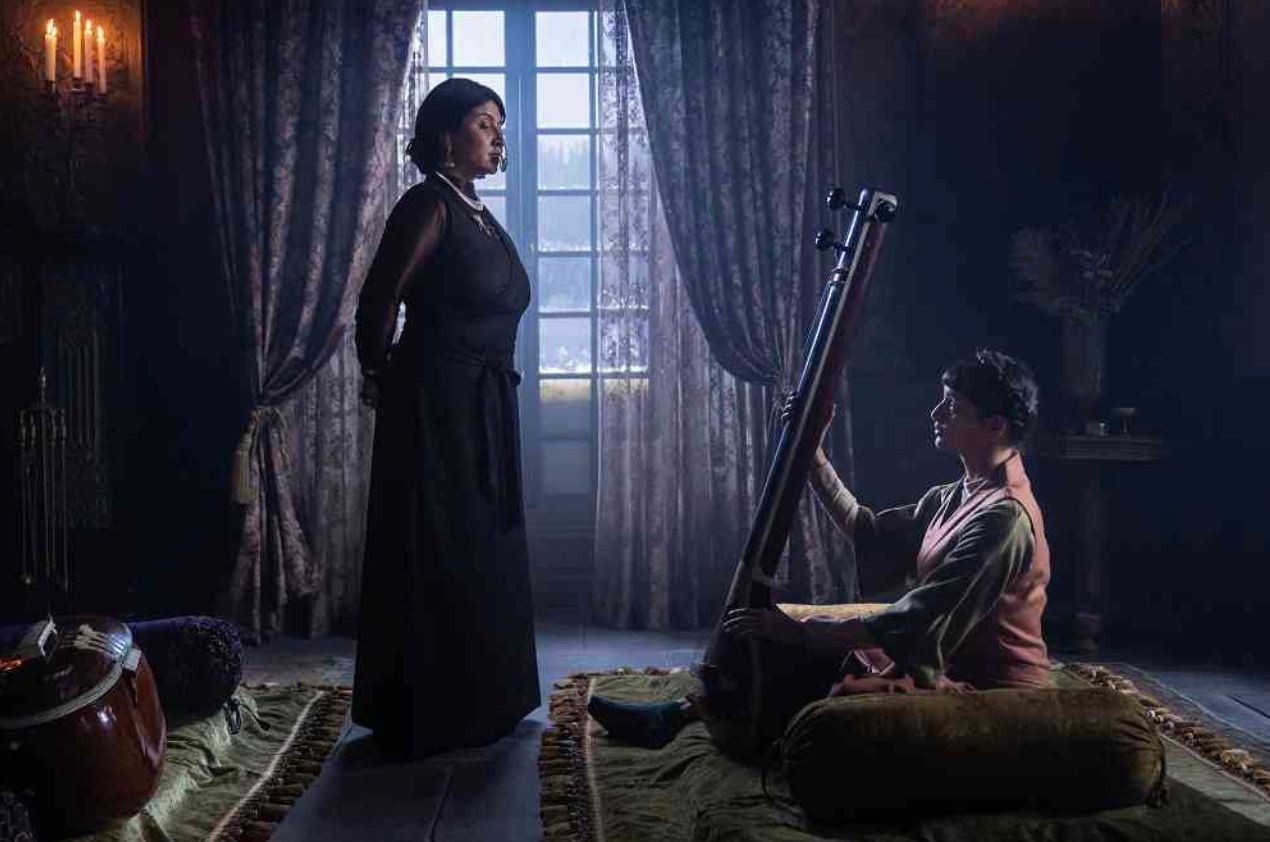
Urmila abuses the power she has over her child. She humiliates the young Qala constantly, is always angry when she fails, never praises her performance, and even subjects her to physical punishment. She resents traditions that would limit Qala from becoming a pandit (maestro), yet she tells her daughter she can't aim for anything less. While she doesn't seem to think being a girl should disqualify Qala, she cautions her about how she'd have to work harder and take extra care to save her "reputation and dignity"—something men don't have to do.
She cautions Qala about singing for mainstream cinema lest she is considered a disgraced "baai" (court singers who were lower than tawaifs in the hierarchy). Urmila is dismissive of musical domains women were able to occupy at the time and endorses the vilification of tawaifs. The weight of Urmila's ambitions is crushing for the young Qala, who lives with the dread of failure. Abusive parents often treat young children as adults, overloading them with information that their minds are too young to process.
Urmila's silent disapproval terrifies the young girl. At the performance of a young singer called Jagan (Babil Khan), Urmila taps her fingers in appreciation and even gets to her feet to applaud him. Qala is shattered to see her mother’s lavish appreciation for someone else. Jagan doesn't belong to any gharana, nor to a supposedly desirable caste yet it’s enough for his mother that to know he can entertain a crowd. Qala gets confusing signals about she should do with her talent and is isolated in her agony. Their family home stands in the middle of a snow-covered wasteland, serving as a metaphor for the harshness Qala has to face.
When outsiders praise Qala, Urmila doesn't agree nor show any enthusiasm. Qala yearns for her mother's approval because she perceives disapproval in her verbal and non-verbal cues. In early parent-child relationships, a caregiver's non-verbal communication is just as important as words signalling trust, reliability, and unconditional acceptance. Planning their kids' professional lives, then criticising their innate abilities and relaying the message that their goals are unachievable is the perfect formula for destroying their self-esteem.
Urmila's criticism and shaming derail Qala's development and cause her immense pain. Research shows that children tend to pay more attention to non-verbal messages as they often reveal a person’s intention and reflect their emotional reactions. Children's cognitive and social faculties are under development; therefore, it is the responsibility of adults, especially primary caregivers, to establish a healthy and consistent communication to help form secure attachments with their children.
Hostile mothering is typical of authoritative child-rearing, especially in South Asian cultures. Girls have to also face the violence of their mothers' internalised misogyny. Frequently, children have to accept their parents' decisions unquestioningly. Not being "good enough" is often unforgivable and becomes a license for further ill-treatment. Children who face this kind of abuse suffer from depression, anxiety, and in some cases, delinquency.
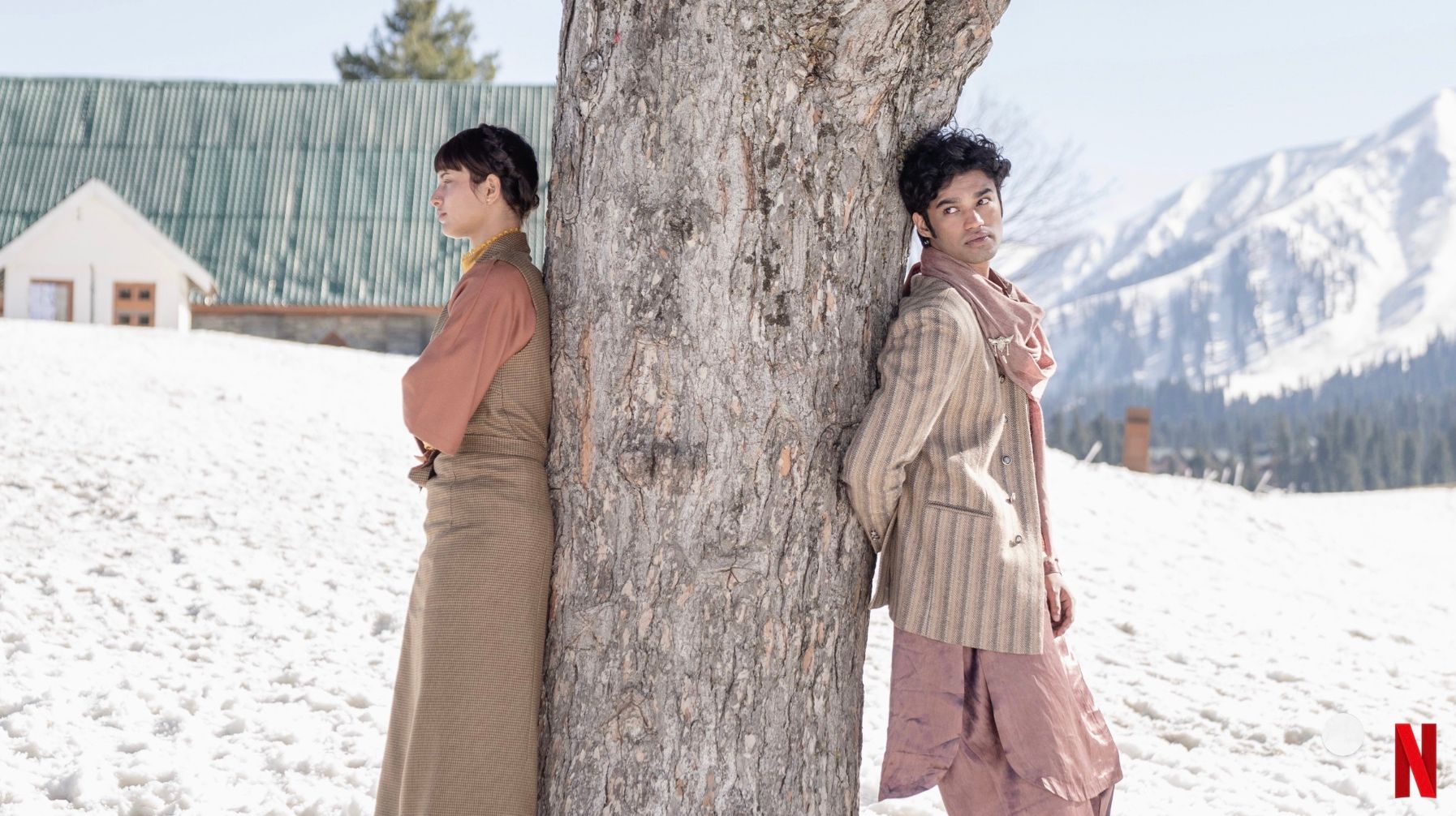
Urmila takes on Jagan as her beloved protégé. She forces Qala to accompany him on the tanpura while he sings and to serve him milk. Relegated to a secondary role, Qala feels abandoned and humiliated. "Why are you scared even before someone can blame you?" Jagan asks Qala one day. Adults who have experienced childhood trauma tend to feel perpetually inadequate because they are conditioned to hanker for people's validation. The self-blame and the heightened investment in others' energies lead to a profound disconnect from one's needs. Interpersonal relationships slide into codependent patterns.
For some, deviant behaviour becomes a survival strategy. Qala poisons Jagan so he can no longer sing, and her mother loses her protégé, ostensibly clearing the path for her. But when Jagan dies of suicide, Qala is devasted, and Urmila holds her responsible. She is also furious with Qala for doing precisely what she had warned her not to do—sing for popular cinema.
Qala, who has seen her mother engage in transactional sex, doesn't lack confidence in doing so herself as she decides to take things into her own hand. However, when it comes to asserting herself as an artist, she is ridden with doubt and painful anxiety. The producer Sumant Kumar (Amit Sial), who launches Qala, continues to exploit her sexually. Children with a history of parental abuse normalise abuse and, even as adults, find it challenging to escape cycles of abuse. At one point, Qala says she thought she was invisible. Parental abuse can make children feel unseen and they get exhausted, outperforming themselves to gain validation.
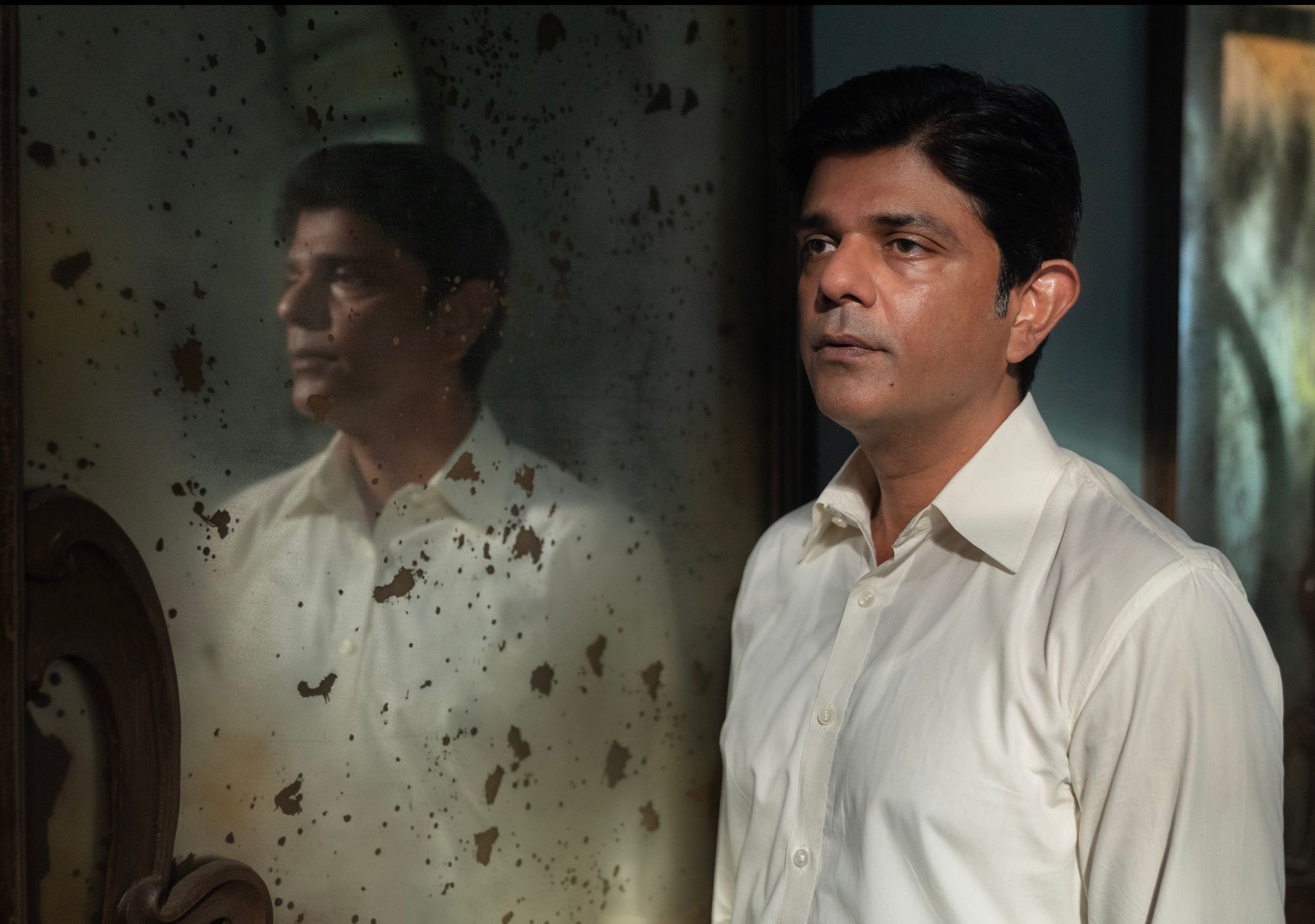
Urmila cuts ties with Qala. Like most abusive parents, her authoritarianism prevents her from staying in touch with her humanity. Even though Qala is famous now, her mother's cruel abandonment continues to deepen her trauma. Like many adults who face parental abuse, she fails to build close relationships. The producer who sexually harasses her, isolates her further.
Unable to escape the trauma bond she has with Urmila, Qala desperately tries to reach out to her mother, who continues stonewalling her. Qala's symptoms flare up—she is overwhelmed with hallucinations, debilitating guilt, and insomnia and can no longer perform. Under the watch of a doctor whose understanding of mental health crises seems to be very poor, Qala is deprived of medication that could have brought her relief. After she makes an attempt at suicide, Urmila finally shows up.
The film's pace might seem a tad slow to some, but it draws viewers in to get a sense of Qala's intense pain and inner chaos. The arbitrary mix of Art Nouveau and Gothic elements with an early Indian film studio aesthetic might be jarring but the artful cinematography (by Siddharth Diwan) makes the scenes rather poetic. The musical track (Amit Trivedi) provides relief from the tension of the story. In all, writer-director Anvitaa Dutt succeeds in relaying an anguished message about parental abuse, possibly opening up the path for more such films.



